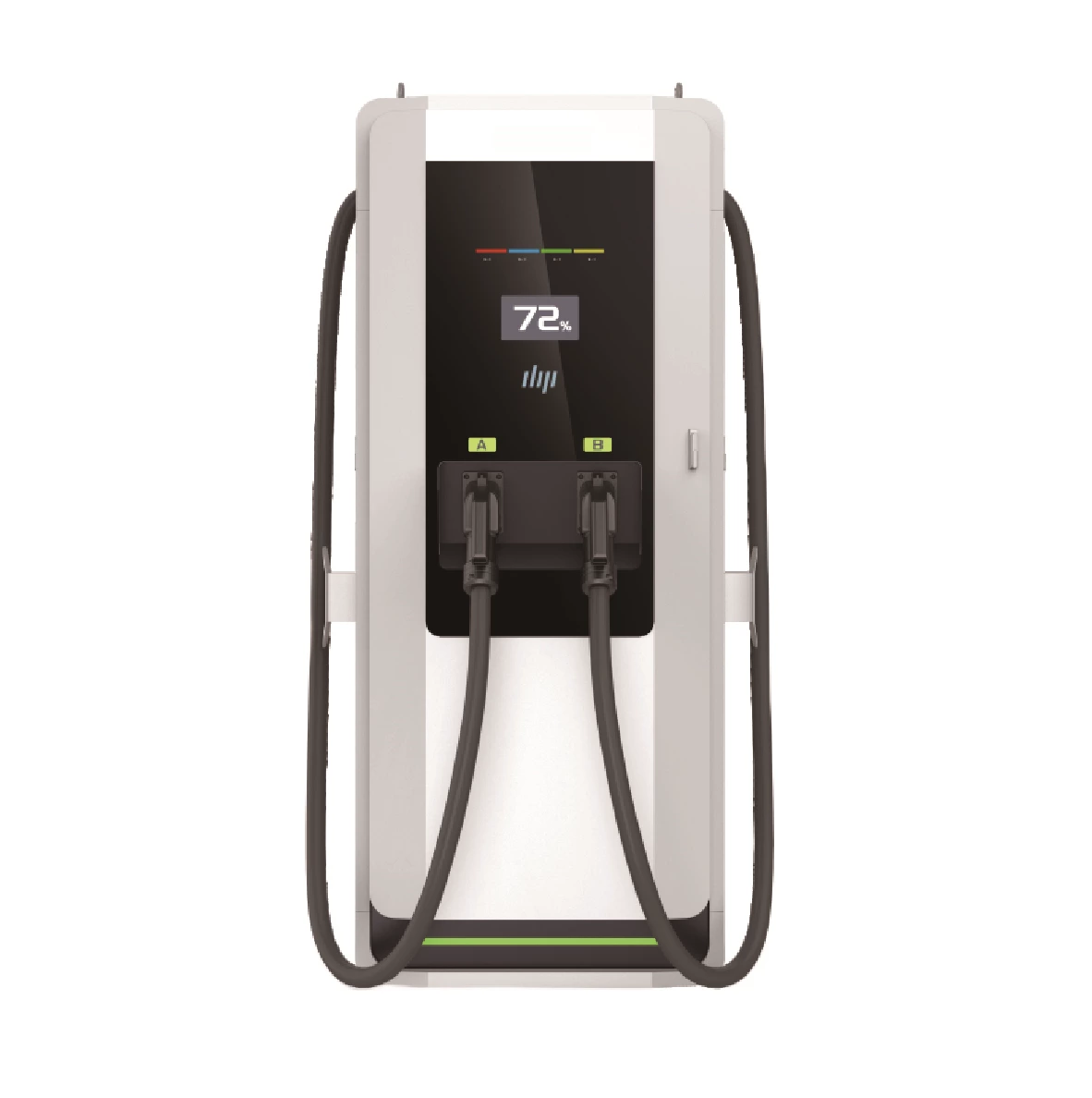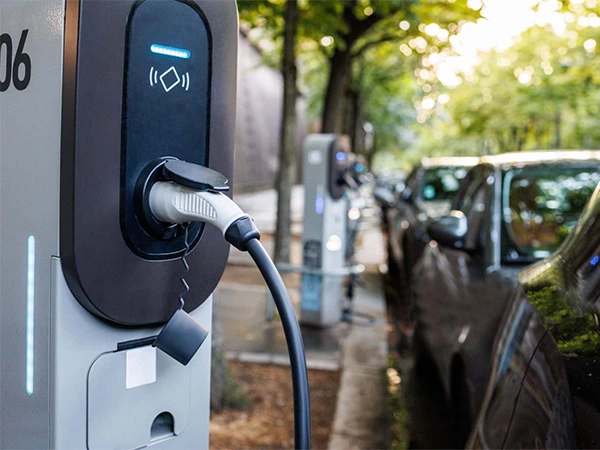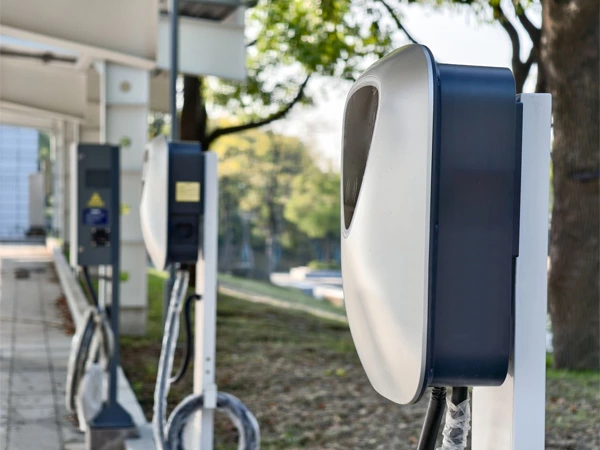Invest in EV Charging Stations: A Comprehensive Guide
In recent years, the rise of electric vehicles (EVs) has brought significant changes to the transportation landscape. As more consumers opt for sustainable and eco-friendly driving, the demand for EV charging stations has surged. If you're considering investing in EV charging stations, understanding the costs, potential returns, and various factors involved in this growing sector is essential. This article will cover key areas such as installation costs, maintenance costs, return on investment (ROI), and the opportunities and challenges of running EV charging stations.
1. Electric Vehicle Charging Station Setup Costs
Before jumping into the operation of an EV charging station, it’s important to first understand the costs associated with setting one up. The cost of installing an EV charging station can vary significantly based on factors such as location, the type of chargers, and the infrastructure requirements. Typically, there are two types of chargers: Level 2 chargers and DC fast chargers, each with different installation costs.
Installation of Level 2 Chargers
Level 2 chargers are commonly found in residential settings or public areas where a longer charging time is acceptable. These chargers are more affordable compared to fast chargers and are ideal for areas with lower vehicle traffic.
- Installation Costs: On average, the cost to install a Level 2 charger ranges between $500 and $2,000 per unit, excluding any electrical upgrades needed to support the charger.
- Infrastructure Costs: In some cases, upgrading the local electrical grid may be necessary to accommodate multiple chargers or high power demand, which can add another $5,000 to $30,000 in infrastructure costs depending on the site.
Installation of DC Fast Chargers
DC fast chargers are high-speed chargers that can significantly reduce charging time. These are typically found in high-traffic areas such as highways, commercial centers, or large public spaces.
- Installation Costs: DC fast chargers are much more expensive, with installation costs typically ranging from $10,000 to $50,000 per unit, depending on the power output and the complexity of the installation site.
- Electrical Upgrades: Due to their high power requirements, DC fast chargers often require substantial electrical upgrades to the grid, which can lead to additional costs of up to $100,000 or more.
If you’re looking for a detailed breakdown of the costs for installing an EV charging station, check out this guide to EV charger setup costs. Understanding these setup costs is a crucial step before making an investment decision.
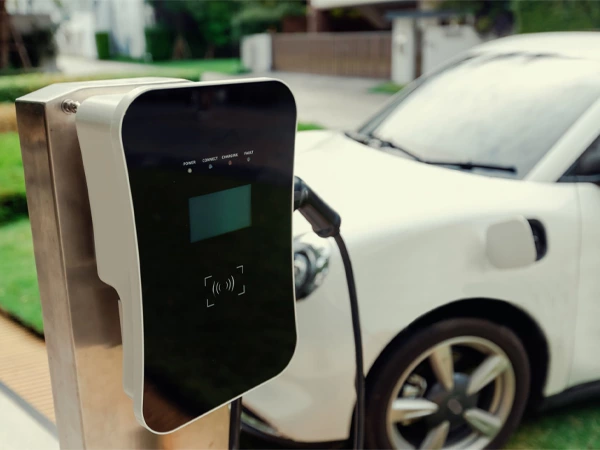
2. EV Charging Station Operation and Maintenance Costs
Once your EV charging station is set up, there are ongoing operational and maintenance costs that you will need to account for. Running an EV charging station involves managing the day-to-day operations, maintaining the equipment, and ensuring that the charging service runs smoothly. Here’s a closer look at the key operational costs:
Electricity Costs
Electricity is the primary operating cost of an EV charging station. The cost per kWh (kilowatt-hour) will vary based on the location, electricity provider, and whether the station is using renewable energy or grid power.
- Cost per kWh: On average, the cost of electricity for a Level 2 charger is between $0.10 to $0.30 per kWh, while DC fast chargers may have a higher per kWh cost due to their rapid power demands.
- Operational Hours: The station's hours of operation will also impact electricity costs. Stations that operate 24/7 will naturally incur higher electricity costs than those open only during peak hours.
Maintenance Costs
EV chargers require regular maintenance to ensure they are operating efficiently and safely. Routine maintenance involves checking for faults, cleaning the charging ports, ensuring software updates are installed, and replacing worn-out components.
- Annual Maintenance: For Level 2 chargers, annual maintenance costs are typically between $100 and $500 per unit. For DC fast chargers, maintenance costs can be higher, ranging from $1,000 to $5,000 annually due to their more complex infrastructure.
- Repairs and Downtime: In the event of charger malfunctions, repair costs can be substantial. This might include replacing damaged charging cables, rectifying electrical issues, or dealing with system software malfunctions.
Staffing Costs
If your charging station requires on-site staff for customer service, maintenance, or security, this will add additional operational costs. In most cases, however, charging stations are self-service, with remote monitoring and customer support provided through apps or phone services.
3. Expected Return on Investment (ROI) and How to Accelerate Payback Period
One of the most crucial considerations when investing in EV charging stations is understanding the expected return on investment (ROI). Like any business venture, investing in charging stations requires patience, but with the growing adoption of electric vehicles, this sector promises long-term profitability.
Revenue Generation Models
There are several ways you can earn revenue from your EV charging station:
- Pay-Per-Use: This is the most common model, where customers pay for the electricity they consume. The price is typically calculated per minute or per kWh.Subscription-Based Model: In some cases, you can offer a subscription model where customers pay a monthly fee for unlimited charging access.
- Advertising: You can also explore revenue opportunities through advertising partnerships, especially if your charging station is located in high-traffic areas.
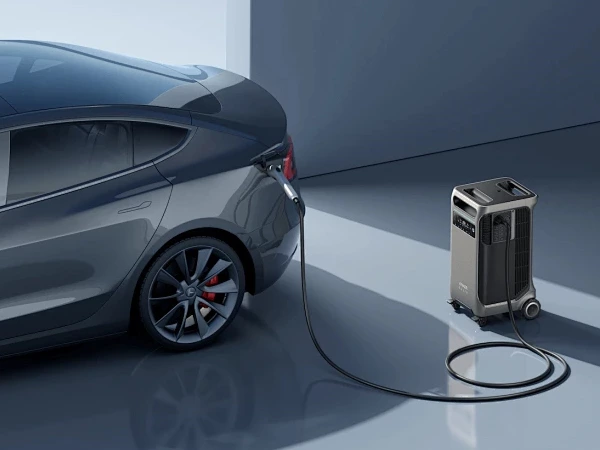
ROI and Payback Period
The average payback period for EV charging stations can range between 3 to 7 years, depending on factors like location, usage volume, and the types of chargers installed. Factors that can accelerate your ROI include:
High Traffic Locations: Placing chargers in high-traffic areas like highways, shopping centers, or office buildings can lead to faster adoption and higher revenue.
Government Incentives: Many governments offer incentives or rebates for the installation of EV charging stations, which can help reduce your initial setup costs and speed up ROI.
Partnering with Businesses: Collaborating with businesses or property owners to install charging stations on their premises can help increase visibility and usage, potentially reducing your payback period.
4. Potential Problems and Opportunities in EV Charging Station Investment
As with any business, investing in EV charging stations comes with its own set of challenges. However, these challenges can also present unique opportunities.
Challenges
-
High Initial Capital Investment: The upfront costs for setting up an EV charging station, especially with fast chargers, can be substantial.
-
Grid Limitations: In certain regions, the local grid infrastructure may not support the high power demands of DC fast chargers, leading to higher upgrade costs.
-
Competition: As more players enter the EV charging space, competition may become fierce, especially in urban areas with dense charger networks.
Opportunities
-
Growth of EV Market: With the global push towards reducing carbon emissions and the increasing adoption of electric vehicles, the demand for EV chargers is expected to grow substantially in the coming years.
-
Expansion of Charging Networks: As more charging stations are built, there will be a greater need for widespread infrastructure, presenting a chance for early movers to establish a strong market position.
-
Partnerships and Funding: Many governments and private institutions offer grants, tax incentives, and partnerships to support the expansion of EV charging networks, making it easier to secure funding.
5. How to Choose the Right Charging Stations for Your Investment
When selecting EV charging stations, it's important to consider several factors, including the type of chargers, installation process, ease of maintenance, and the reliability of the equipment. Some key features to look for include:
- Fast Charging Capabilities: Choose chargers that can accommodate various EV models and provide fast charging to attract more customers.
- Scalability: Consider the scalability of the equipment. As demand grows, you'll want to be able to expand your charging stations with minimal additional costs.
- Remote Monitoring: Look for charging stations that offer remote monitoring and troubleshooting features, which can reduce maintenance costs and improve efficiency.
Among the various options available in the market, Tecoo is a standout choice for reliable and efficient EV charging stations. Tecoo offers a wide range of charging solutions, including Level 2 and DC fast chargers, with advanced features like:
- Smart Charging Software: Real-time monitoring and analytics for better management and customer experience.
- Durability and Safety: High-quality construction that ensures long-lasting performance and safety for users.
- Competitive Pricing: Tecoo chargers provide excellent value for money, with low upfront costs and minimal maintenance requirements.
Tecoo’s comprehensive customer support, including installation, maintenance, and remote monitoring, makes it an ideal choice for businesses looking to invest in the EV charging infrastructure.
